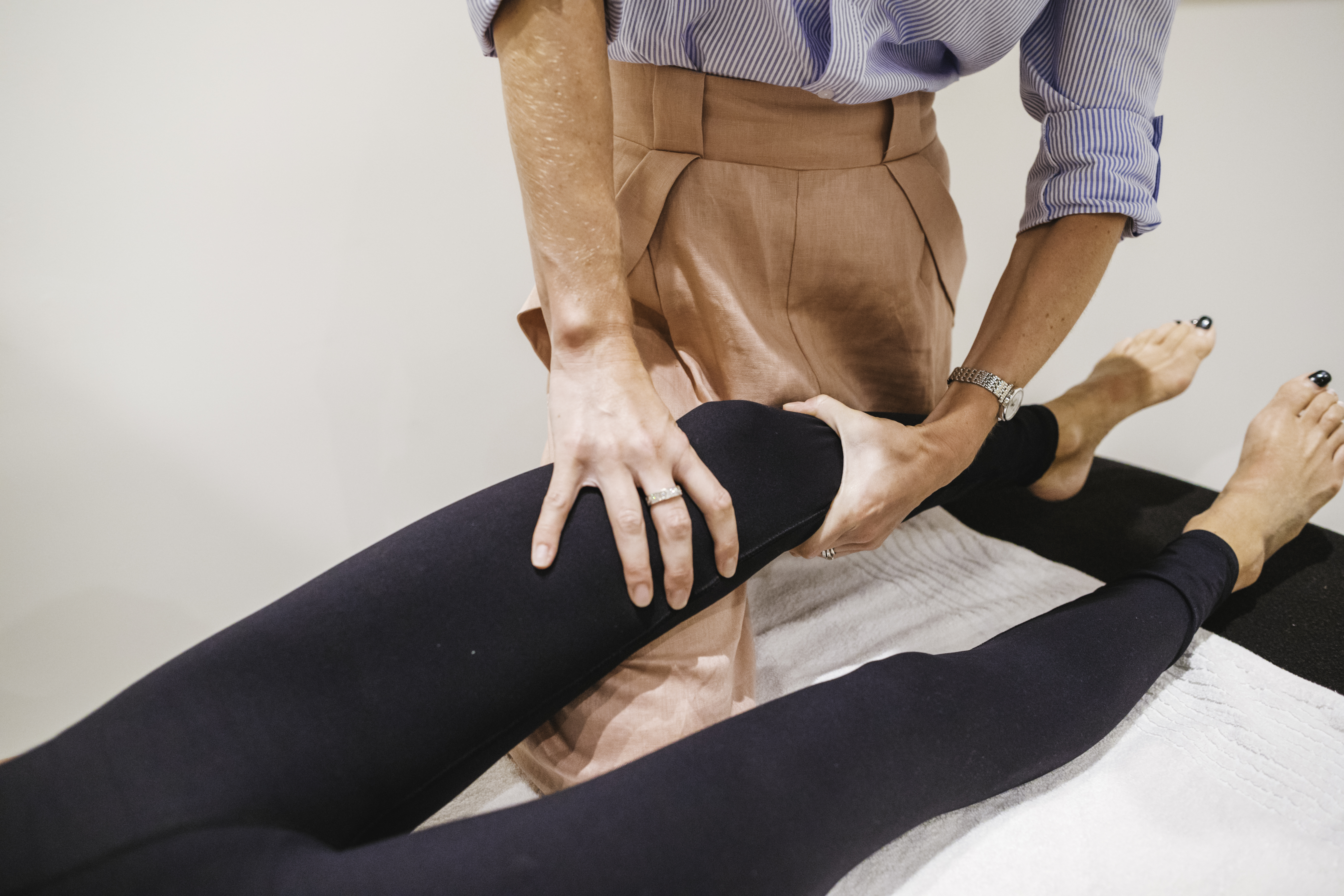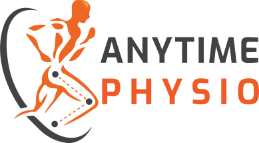
In recent years, people have become increasingly conscious of their health and wellbeing. This is particularly obvious in the way various exercise regimens and physical fitness systems have suddenly become popular lately.
One of the said regimens enjoying a lot of attention today is pilates. Whilst this method of exercise was created back in the 1920s, it has experienced a surge in popularity only in the past decade.
If you are interested in trying pilates, you should know that there are two main types of this exercise system. There are those which you can perform at gyms and those that are led by physiotherapists.
In the sections below, you will learn more about physio-led pilates and the key characteristics that distinguish it from other classes.
-
It Is Done Under the Supervision of A Trained Health Professional
This is the main point that sets physio-led pilates apart from the rest. It has the involvement of a trained and knowledgeable physiotherapist, which means that you only do exercises that are safe and appropriate for you.
Physiotherapists have at least a four-year university degree. On top of that, they have post-graduate clinical experience, training them to become experts in anatomy as well as in managing movement and injury.
Whilst pilates instructors have also undergone certain training, their qualifications vary greatly. Aside from this, there are no regulations as to the minimum standard of training that they must have.
-
It Caters to Different Types of Bodies and Injuries
Physio-led pilates can treat a specific injury or address a particular need.
Before you start with the exercises, physiotherapists will first get to know your condition and medical history. They will also strive to understand the goals you want to meet through the sessions.
They use all of these details to create a program that is specifically tailored to your needs. Ultimately, this ensures that you only perform exercises that work for you.
-
It Guarantees Your Safety
If you have no pressing injury or medical condition, you can benefit from the typical Pilates classes held in gyms.
However, if you have certain health conditions or are pre- or post-natal, a physio-led class will be a safer option for you. Whilst pilates is usually gentle and considered low-impact, it can still be unsafe for others, especially if performed incorrectly.
A physiotherapist will take into consideration your medical conditions or injuries when creating a plan for you. He will ensure that the exercises you perform can help you achieve your goal without worsening your existing condition.
-
It Can Give You Quicker and Better Results
As mentioned earlier, physiotherapists underwent training when it comes to managing movement and injuries. This educational background and training make them fully capable of understanding your current condition and limitations.
Ultimately, these enable them to devise programs that will address your limitations effectively so you can see great and quick results.
Conclusion
Both forms of pilates can be beneficial for you. However, if you want to undergo a program that is personalised according to your current state and your goals, going with physio-led pilates is the better choice. In this route, you will have a trained health professional guide you in every step of the way. This ensures that you perform exercises that are not only effective but also safe for you.
Do you require professional physio in Brisbane, QLD? We have got you covered! At Anytime Physio, our team of highly trained and caring physiotherapists will deliver expert service through plans tailored specifically for you. Get in touch with us today to learn more about our physio-led pilates classes.

